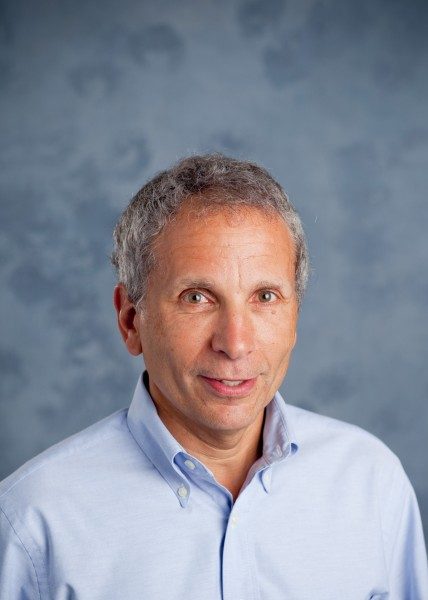
09 Sep To Your Health: What’s New in Sports Recovery? (Hint: Berries)
Dr. Alan Safdi, a world-renowned internist and gastroenterologist with encyclopedic knowledge of mind-body wellness and preventative medicine, posts on Telluride Inside… and Out under the banner of “To Your Health.” His blogs feature the most current information in his field: health, wellness and longevity.
This winter, Dr. Alan returns with his popular Live Longer Retreat wellness intensives. For further information, email telluridecme@gmail.com. or go to Safdi’s Telluride Longevity Institute website.
This week, Dr. Alan takes a closer look at what’s new in sports recovery, including the compelling evidence for tart cherry juice and blueberry juice.

There are more than 8,000 bioactive compounds in fruits and vegetables, including the group known as polyphenols. And they may one day also help explain why eating those foods are good for you.
Whether or not you follow a diet that is gluten free, fruit can be a healthy snack. Fruit, however, should be eaten whole fruit, aand only occasionally, if at all, as a juice, but we are going to discuss some juice studies. We often will do juice studies so we can have a valid placebo that will “blind” the investigators.
Tart cherries, also known as sour or Montmorency cherries, are used to make jam, preserves, and pies. Sweet cherries, like the Bing and Rainier varieties, are grown primarily for fresh eating. While both contain polyphenols, tart cherries have more.
Most of the half-dozen studies in humans have looked at whether tart cherry juice can relieve muscle pain and reduce the signs of inflammation after exercise.
In the most dramatic one, 51 men and women participated in a 200-mile relay race from Mt. Hood in Oregon to the Pacific Coast. Each runner averaged about 16 miles over the hilly course that crossed two mountain ranges. For seven days before and on the day of the race, half of the runners drank 20 ounces of tart cherry juice mixed with apple juice, while the other half drank Kool-Aid fruit punch that matched the sugar concentration of the juice.At the conclusion of the event, the cherry-apple juice drinkers reported significantly less muscle pain than the fruit punch drinkers.
In a recent preliminary study at my University in Cincinnati five men and four women who drank roughly two cups of blueberry juice every day for three months were better able to remember pairs of unrelated words than people who drank a juiceless beverage.
Dr. Alan Safdi, more:

Dr. Alan Safdi is board-certified in Internal Medicine and in Gastroenterology and is a Fellow of the American College of Gastroenterology. A proven leader in the healthcare arena, he has been featured on the national program, “Medical Crossfire” and authored or co-authored numerous medical articles and abstracts. Safdi has been involved in grant-based and clinical research for 30+ years and is passionate about disease prevention and wellness, not just fixing what has gone wrong. He is an international lecturer on the subjects of wellness, nutrition and gastroenterology.
And back by popular demand, this summer, in partnership with the Peaks’ Spa, Dr. Safdi returns with his three, week-long wellness intensives titled Live Longer Retreat.
Again, using an evidence-based, scientific approach to health and longevity and featuring an experienced staff of medical professionals, personal trainers, Pilates and yoga instructors, dietitians, and chefs, the focus is on your unique wellness profile. Each Live Longer Retreat is one-of-kind in the U.S. Those intensives, limited to only 10 – 15 participants, will include personal consultations, hiking, spinning, yoga, Pilates, talks and demonstrations related to nutrition, cooking classes, and more.
Go here to read a review of the experience by one very satisfied participant.
Feel free to sign up now to participate in a Live Longer Retreat – or call 1-877-448-5416 for further information.


Sorry, the comment form is closed at this time.